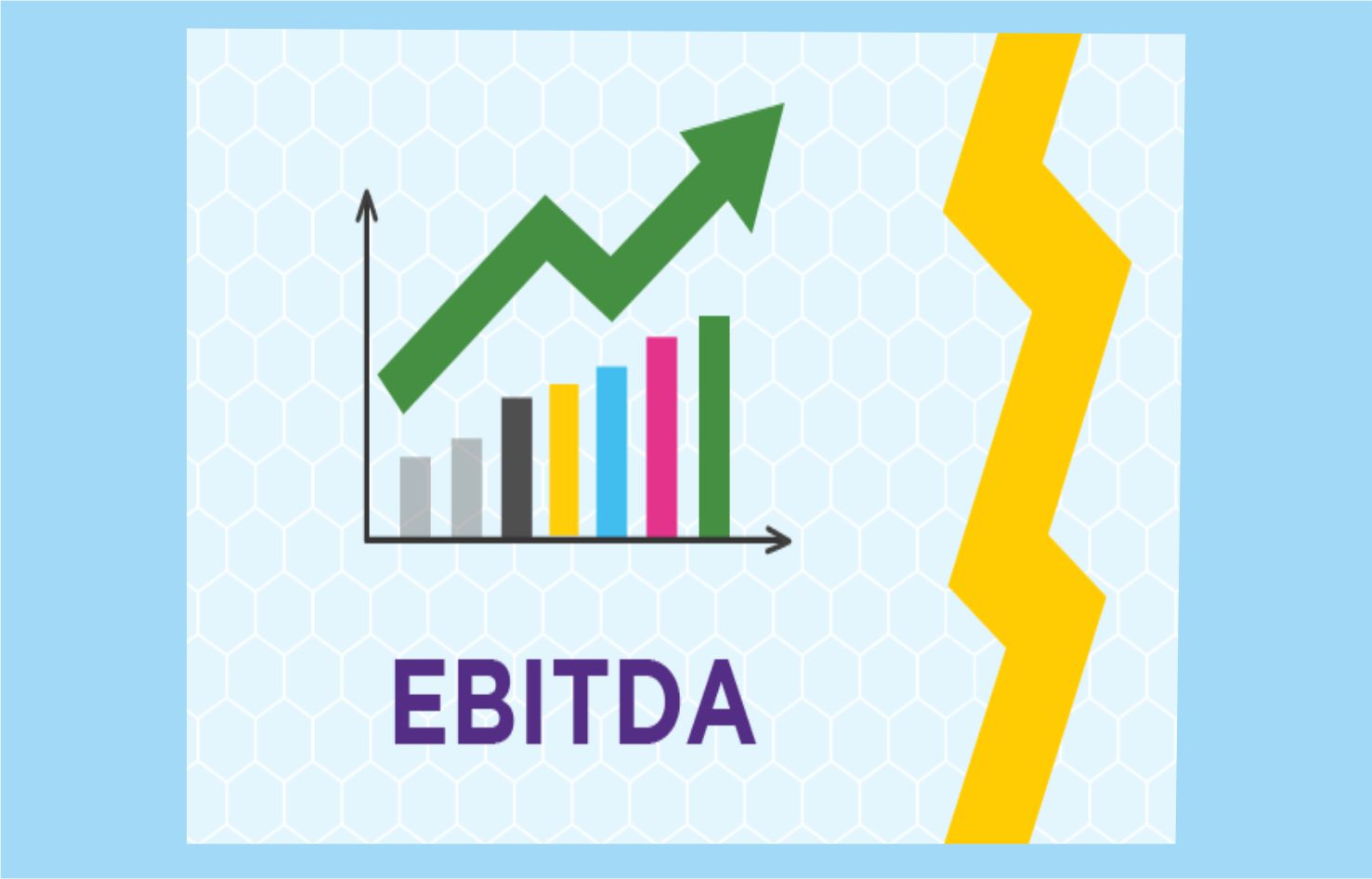What is EBITDA ?

EBITDA is an acronym that stands for "Earnings Before Interest, Taxes, Depreciation, and Amortization." It is a financial metric used to evaluate the profitability and operational performance of a company. EBITDA is often employed by analysts, investors, and financial professionals to assess a company's operating performance without considering the impact of certain financial factors, such as interest expenses, taxes, and non-cash items like depreciation and amortization.
EBITDA is calculated using the following formula:
EBITDA = Operating Revenue - Operating Expenses + Depreciation + Amortization
Here's a breakdown of each component:
Operating Revenue: This represents the total revenue generated by a company from its primary operating activities. It excludes non-operating income such as interest income or gains from the sale of assets.
Operating Expenses: These are the costs directly associated with a company's core operations. They include items like the cost of goods sold (COGS), salaries and wages, rent, utilities, and other costs directly related to production and sales.
Depreciation: Depreciation is an accounting method that allocates the cost of tangible assets (e.g., machinery, buildings) over their useful life. It represents the decrease in the value of these assets over time.
Amortization: Amortization is similar to depreciation but applies to intangible assets (e.g., patents, copyrights, trademarks). It represents the systematic allocation of the cost of these assets over their estimated useful life.
EBITDA is considered useful for several reasons:
Comparability: EBITDA allows for easy comparison of the operating performance of different companies, as it removes the impact of variations in financing structures, tax rates, and accounting methods.
Cash Flow: It provides a rough estimate of a company's cash flow from its core operations, as it excludes non-cash expenses like depreciation and amortization.
Simplicity: EBITDA is a relatively simple and straightforward metric to calculate and understand, making it accessible to a wide range of users.
However, it's important to note that EBITDA has its limitations. It does not account for important factors like capital expenditures (CapEx), changes in working capital, or interest expenses. Additionally, it can be manipulated and does not necessarily reflect the true financial health of a company. As such, EBITDA should be used in conjunction with other financial metrics and considered within the context of a company's specific circumstances and industry norms.


 Economic Insider
Economic Insider

 4797
4797

 16
16

